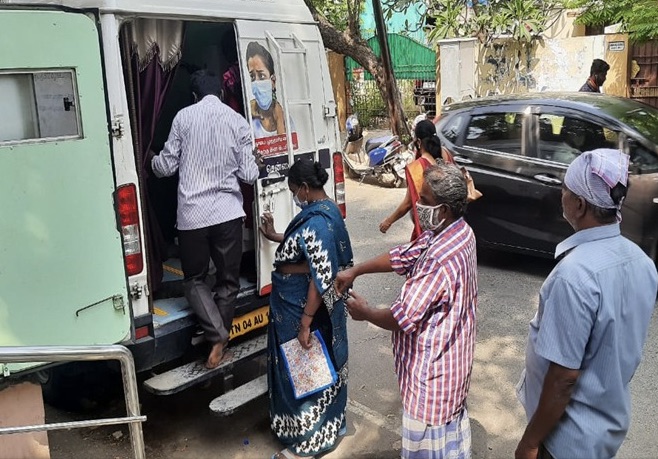


-Siddhant Pardeshi
07 July, 2025

Tuberculosis (TB) is a serious infectious disease, and India carries a huge burden of it. In 2023, about 8.2 million people worldwide fell ill with TB, and approximately 1.25 million million lives were lost. India alone accounted for 26% of all global TB cases.
But how do we find so many cases, especially in crowded cities and remote areas where doctors and equipment might be scarce? This is where Artificial Intelligence (AI) is stepping in to make a real difference.
TB primarily affects the lungs and can spread when infected people cough or sneeze. Early detection is crucial to stop its spread. Traditionally, chest X-rays (CXRs) are a key tool for identifying pulmonary TB. However, relying solely on human radiologists for large-scale screening can be challenging due to a shortage of trained professionals and X-ray equipment in many high-burden, low-resource areas.
This is where Computer-Aided Detection (CADe) software comes in. These AI-powered tools analyze X-ray images to spot signs of TB, helping to speed up the process and reduce the need for constant human oversight. In fact, the World Health Organization (WHO) even updated its guidelines in 2021 to recommend using CADe technologies for interpreting chest X-rays in population screening for TB in individuals aged 15 and older.
In Chennai, a city in India with over 8 million people, a significant portion of the population lives in slums and faces a higher risk of TB. To tackle this, the Greater Chennai Corporation, with partners like REACH and NIRT, launched the “Chennai TB Free Project” .
A key part of this initiative involves using mobile diagnostic units (MDUs) equipped with AI software for mass TB screening. This is where "Genki," an AI-based software developed by DeepTek, plays a vital role. It is a WHO-recommended, EU MDR approved, public health screening solution that uses cutting-edge technology to analyze chest X-rays and identify not only Tuberculosis, but also other findings such as Pneumonia,, Nodule, Fibrosis, Atelectasis, Cardiomegaly, Pleural Effusion, Mass etc.
Screening setup: A mobile van travels to remote areas of Chennai. People visit the van, get a quick chest X-ray, and Genki instantly analyzes the chest X-ray and flags it as either "TB suspected" or "TB not suspected" If flagged as "TB suspected”, the patient is referred for sputum collection, which is then tested using confirmatory methods such as CBNAAT, TrueNat, or smear microscopy. This process is incredibly efficient, taking less than a minute to triage a scan. Genki can even work offline, making it perfect for areas without internet access.
Figure 1: The process of TB screening using Genki in National TB Elimination Programs
A study was conducted in Chennai from January to December 2022 to see how well Genki performed. Over 25,598 patients were screened. The results were truly impressive.
When compared to the findings of an experienced radiologist, Genki showed:
What's even more encouraging is that Genki performed consistently well across all age groups (14-35, 36-60, and 61+ years) and for both male and female patients, with sensitivity, specificity, and accuracy all staying above 94%.
This study highlights the incredible potential of AI tools like Genki in the fight against TB, especially in regions with limited resources. By using AI for initial screening, we can:
The "Chennai TB Free Project” is a fantastic example of how combining mobile health units with advanced AI can help achieve ambitious public health goals. It shows that AI is a powerful tool helping us move closer to a world free from TB.
Read more: Link to the Scientific article
Related Posts